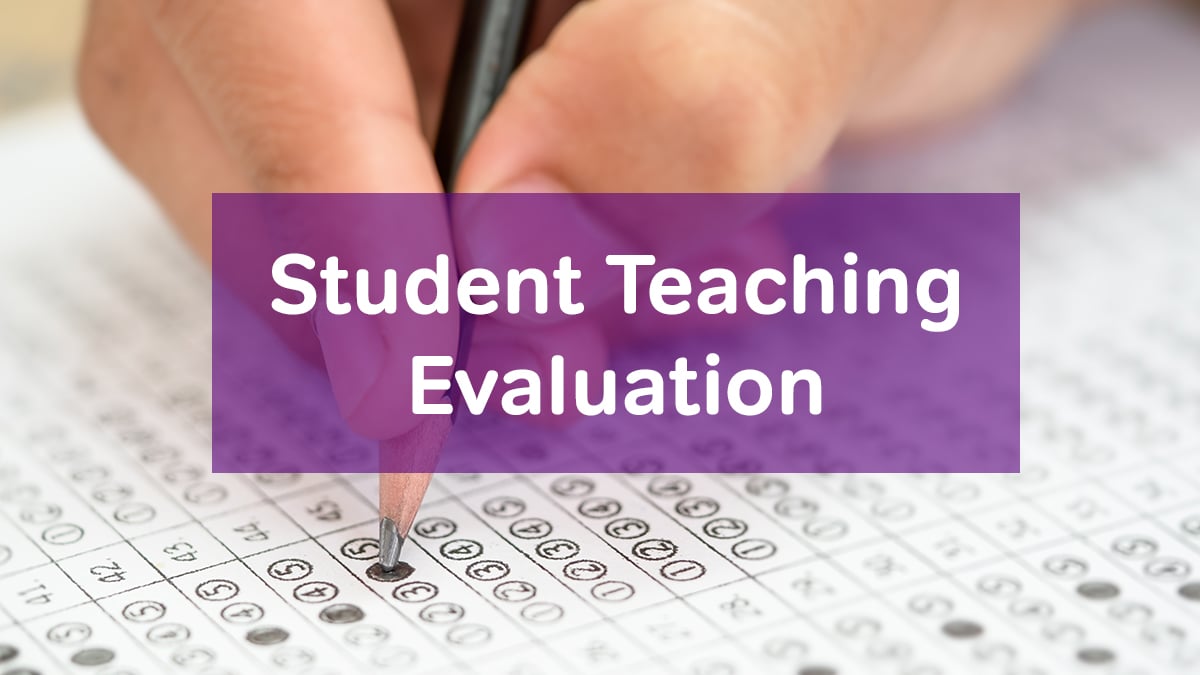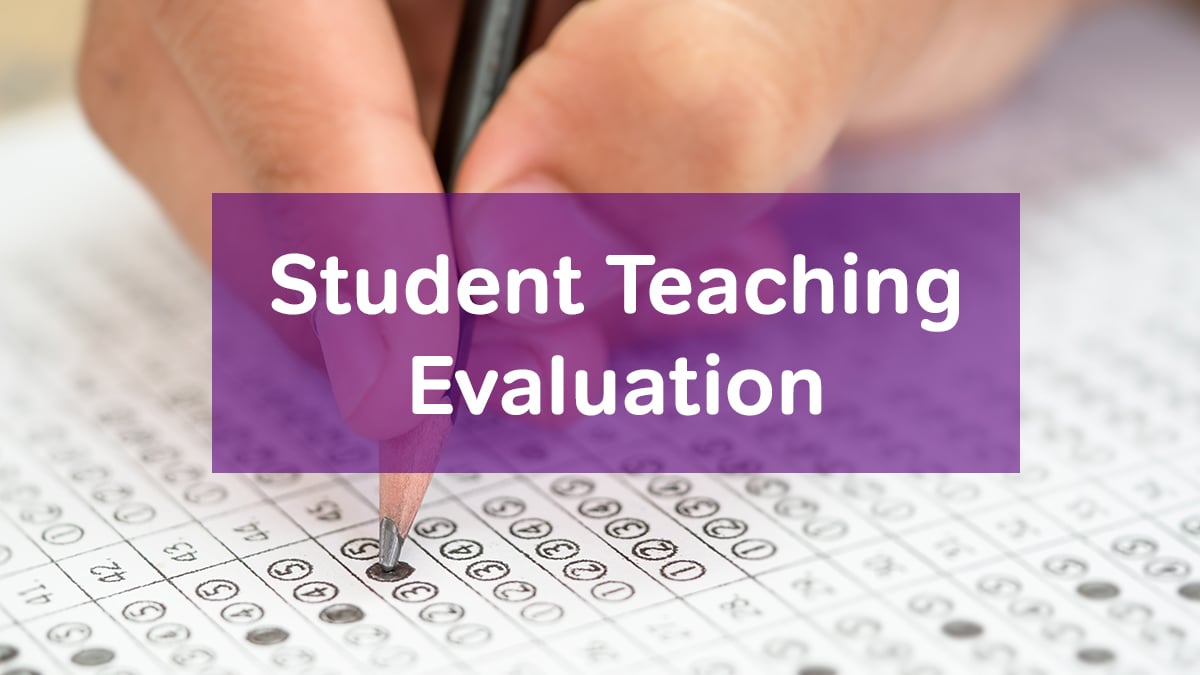
The student teaching evaluation is typically completed by your supervising teacher at the end of the semester. Your program will ask them to rate how you’ve done in different areas. This often includes a wide range, including planning, working with parents, and interacting with students. How can you make sure your student teaching evaluation is positive?

How Important Is the Student Teaching Evaluation?
Your supervising teacher has a big influence over your eventual grade in the program. The evaluation, then, is pretty important to your final grade in most programs. However, unless you have had serious problems throughout the semester and had a bad student teaching experience, it’s unlikely that you will truly fail the student teaching evaluation.
What Kind of Things Does the Student Teaching Evaluation Cover?
- Disposition
- Preparedness and Planning
- Commitment to Students
- Commitment to Families
- Relationships with Co-workers
- Creation of Learning Environment
- Communication Abilities
- Use of Specific Teaching Skills (e.g., assessment, goal-setting)
Some Specifics of the Student Teaching Evaluation
- There may be more questions in areas your program values highly.
- Your supervising teacher may fill out the evaluation twice: once at midterm, once at the end of the semester.
- Most of the time, questions are worded somewhat vaguely. That is, you’re more likely to see, “Did this teacher candidate use assessments to guide teaching?” than, “Did this teacher candidate use assessment XYZ in literacy lessons?”
- The questions typically reward personal reflection and a growth mindset.
How Can I Make Sure I Do Well on the Student Teaching Evaluation?
Most supervising teachers won’t punish you for being new to teaching. That is, it’s ok to make mistakes and learn from them. The key here is learning. Take the initiative to ask for feedback regularly. Take mistakes and criticism as an opportunity to learn and improve.
The best way to do well on your student teaching evaluation is to be reflective.This includes both checking in with your supervising teacher regularly and asking for specific questions of the cooperating teacher as well as being self-reflective about your own areas for improvement. If you are willing to learn and grow as a teacher, your student teaching evaluation will show that.


